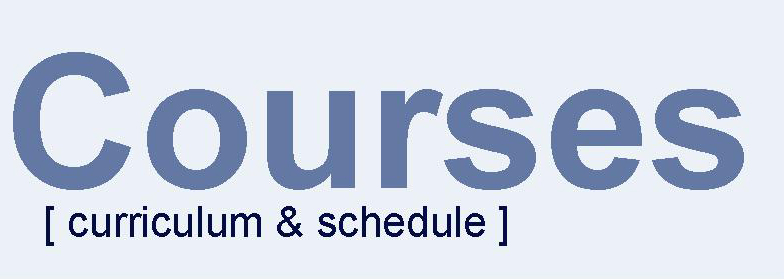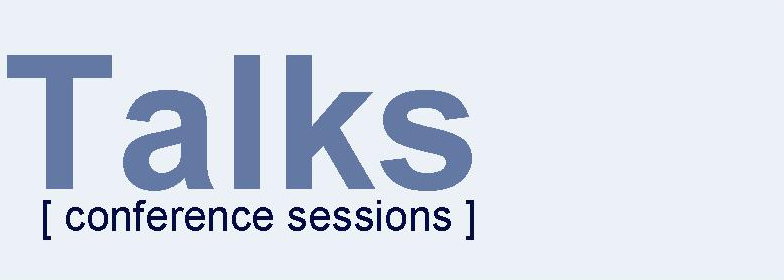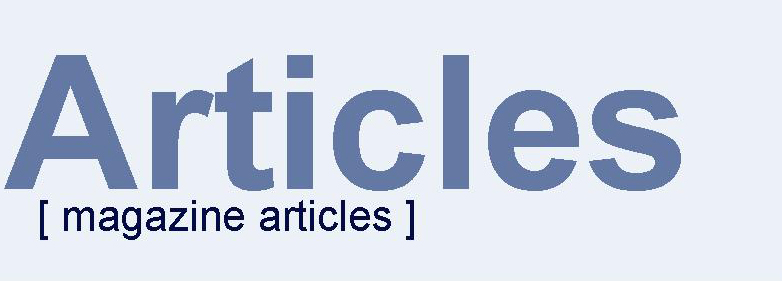
The STL (Standard Template Library) is a comprehensive set of
class and function templates for various collections and numerous algorithms
and is part of the ISO/ANSI standard C++ library. It has an unusual and
elegant architecture in that it separates data structures from algorithms
- a programming paradigm known as
generic programming
.
This course does not only provide in-depth knowledge of the STL itself,
but also explains new C++ language features and novel programming techniques
that are used in the STL. You will learn how to effectively use collections
and algorithms from the STL, how you can extend the STL framework, and
you will also enhance your understanding of templates.

If you are a programmer with at least one year of hands-on experience
using C++, you are ready for exploring another C++ programming paradigm
- generic programming.
If you want to stay ahead of your time and keep your knowledge above
average you need to know everything about the latest progamming techniques
in C++, then this is the right course for you.

The course is designed and conducted by Angelika
Langer and backed by years of experience in teaching C++ related
topics and more than a decade of real-world experience in industrial software
development. Angelika Langer is a freelance trainer/consultant in the area
of object-oriented software development in C++ and Java. She is member
of the ANSI C++ standards committee since 1993, columnist of C++ Report,
and a recognized speaker at OO conferences.

|


